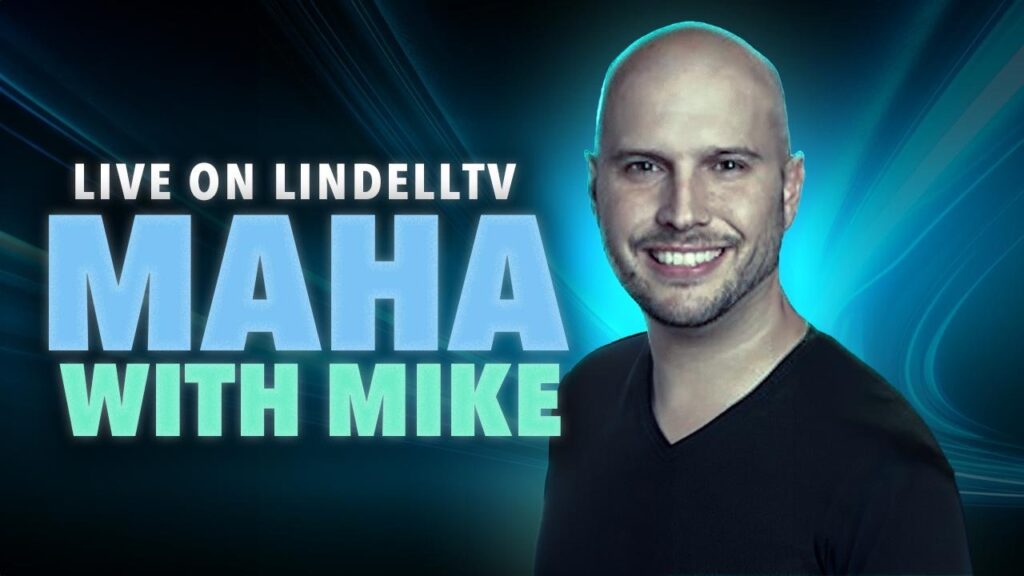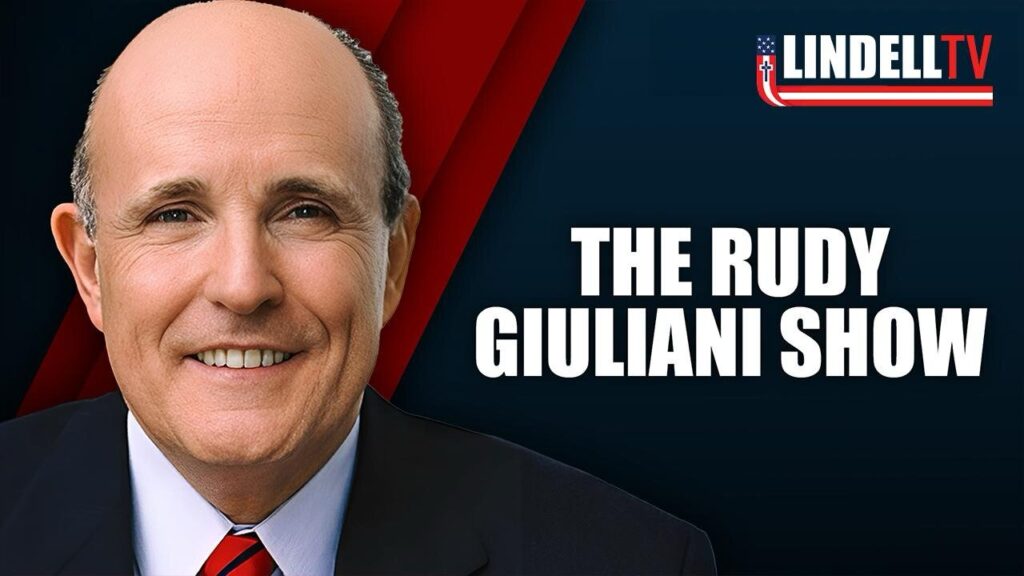
OPINION: After DOJ says Epstein ‘client list’ doesn’t exist, Americans are left with more questions than answers
Americans are more hungry for transparency than ever before, but the DOJ’s messaging on the disgraced financier’s activities has lacked consistency
Opinion-editorial by Summer Lane | July 11, 2025
During a cabinet meeting on Tuesday, President Donald Trump snapped back at reporters dogging him about long-awaited files on convicted sex offender and suspected honeypot operator Jeffrey Epstein.
“Are you still talking about Jeffrey Epstein?” Trump said, holding his hands out in a gesture of disbelief. “This guy’s been talked about for years. We have Texas, we have this…are people still talking about this, guy? This creep?”
For context, President Trump’s cabinet meeting focused not only on the economic progress his administration has made for Americans, but it also addressed the horrific tragedy that unfolded in Texas last week when flash flooding claimed the lives of countless innocent victims.
Trump called the topic switch a “desecration” and suggested that Attorney General Pam Bondi was wasting her time by bothering to address whether Epstein worked for a foreign or domestic intelligence agency, as some have alleged.
Clearly, President Trump was unhappy with the media’s fixation on Epstein, especially amid the remarkable strides his administration has made in brokering peace deals, stimulating the stock market, and sealing the southern border. With the legacy media, the focus is, arguably, almost always negative, and that is rightly frustrating for someone who works as hard as Trump.
But the president’s comments on Tuesday seem to have stirred some criticism among conservatives who want to see more information on Epstein brought to light, as it has long been rumored that his dirty work allegedly implicated many people in high positions of power.
Some supporters have claimed that Trump promised to declassify the “Epstein files,” but the reality is that releasing the “Epstein files” was never a cornerstone of Trump’s campaign.
In one interview during his reelection run, Trump suggested he might release the files, but commented that he was concerned about potentially “phony” information in the documents that could harm good people.
“I guess so,” he said, when asked about declassifying documents related to Epstein. “I think that less so because you don’t want to affect people’s lives if there’s phony stuff in there.”
He later added, when it came to declassifying files related to the 9/11 attacks and the assassination of President John F. Kennedy, “Yeah, I don’t know about Epstein so much as I do the others.”
Like it or hate it, President Trump has indeed been consistent on this issue, and his administration has delivered more on Epstein than others.
It’s unsurprising that Jeffrey Epstein is not a focal point of Trump’s administration, nor should he be.
Why does Jeffrey Epstein even matter?
The Department of Justice, under the leadership of AG Bondi, has officially concluded that Epstein committed suicide in 2019, and has further doubled down on its claims that there is no evidence that Epstein blackmailed world power players or kept a notorious client list.
From the DOJ memo:
“This systematic review revealed no incriminating ‘client list.’ There was also no credible
evidence found that Epstein blackmailed prominent individuals as part of his actions. We did not uncover evidence that could predicate an investigation against uncharged third parties.”
The DOJ’s position on Epstein – as well as Trump’s comments on dismissing information related to the notorious case – has ignited a firestorm of debate on social media.
Bondi also said during Tuesday’s cabinet meeting that she had “no knowledge” as to whether Epstein was an agent of any government. Previously, Bondi told the media that she had received a directive from President Trump to review Epstein’s alleged client list, noting “it’s sitting on my desk to review.”
The waffling from this statement to the DOJ’s current position that there is no such client list is a bit jarring, and it does pose a few interesting questions. Was Bondi saying she would review an alleged client list, or was she simply working on determining whether such a list existed at all? Based on the DOJ’s recent memo, it seems obvious.
Yet another failure in messaging unfolded in February when conservative influencers were invited to the White House and given white binders marked “The Epstein Files: Phase One.” Unfortunately, the contents of those files contained no pertinent information.
Human Events Senior Editor Jack Posobiec told Piers Morgan this month that he was brought to the White House as one of those influencers, but had no idea what to expect. In fact, he criticized the information given to him and other influencers on hand as being hollow data that was already in the public domain.
“It’s indefensible that the answers weren’t there when so much was promised,” Posobiec said.
Firecracker independent journalist Laura Loomer has also pushed back on Bondi’s statement about Epstein potentially working as an intelligence asset.
Loomer has alleged that Epstein was providing information to the FBI. “FBI documents from 2008 prove that Epstein PROVIDED INFORMATION FOR THE FBI ‘AS AGREED UPON’. Epstein had an agreement with the FBI, which is indeed an INTELLIGENCE AGENCY,” Loomer wrote on X.
She also provided the alleged document to corroborate her claims. Whether this matters, in the scheme of all that is going on in the world, remains to be seen, but if nothing else, MAGA unrest over the DOJ’s sudden skip and jump over Jeffrey Epstein’s dirty deeds is not playing well.
Thanks to President Trump’s consistent style of leadership, conservatives now expect a heightened level of accountability on every issue, no matter how big or small.
People care about the truth now more than ever
For many voters, learning about Jeffrey Epstein was the keystone moment in realizing that just because someone is rich or powerful doesn’t mean they are a good person. It was part of realizing that the establishment structure worldwide seemed to protect a certain class of people – global power players, billionaire elitists, and Hollywood hedonists.
Jeffrey Epstein’s crimes and the swirl of allegations he left in his wake jarred the average American to their senses. Do his crimes and whispers of rumored, but admittedly unconfirmed, intelligence work still matter?
Perhaps. To many, this issue is integral, because it represents a cry for pure transparency and justice. To others, it may not matter at all. But in a world that has largely absconded with objective truth, is it any wonder that Americans are hungry for cold, hard facts?
Sure, Epstein is dead and gone. His crimes will live in infamy, and his legacy will be one of disgrace, as it should be. Yet the Trump administration – and the Department of Justice in particular – should not be so quick to dismiss America’s request for total and complete transparency on this issue. Accountability, after all, is part of keeping the republic, and it seems as if the DOJ’s latest memo has left Americans with more questions than answers.
The conclusion of this story is yet to be seen, and it will be primarily up to AG Bondi to set the tone on this issue going forward. The Jeffrey Epstein fiasco is largely a failure of PR messaging, and if the DOJ wants to smooth things over with Americans, they should begin by plainly and transparently starting with the truth and sticking with it from start to finish.
Photo: Pixabay




























